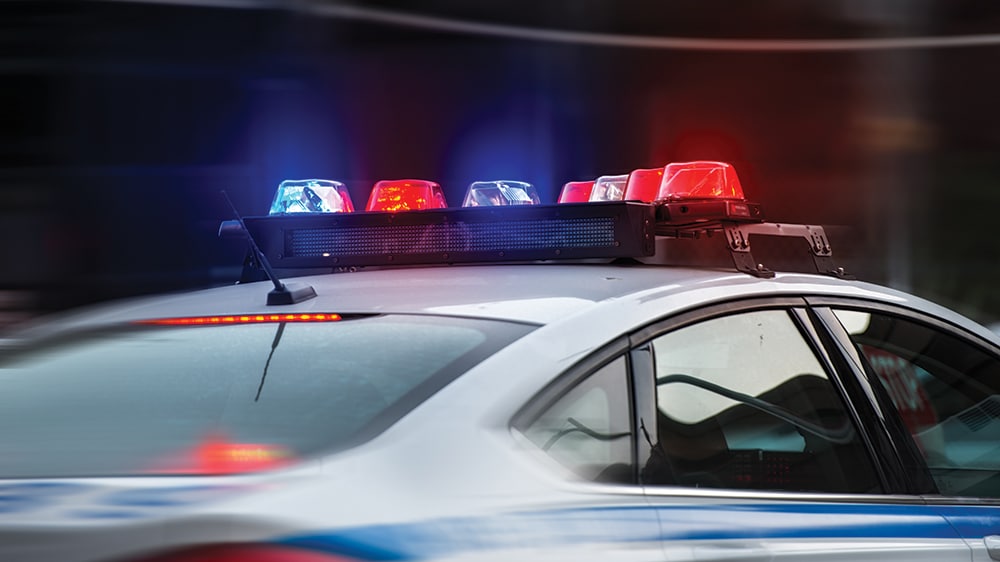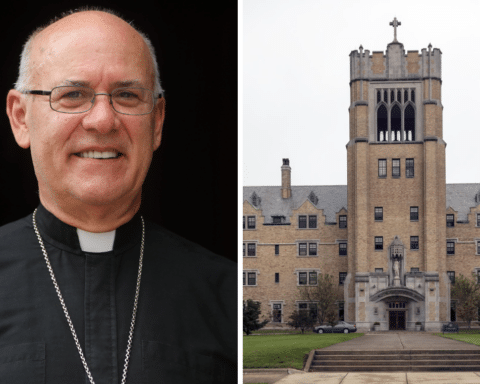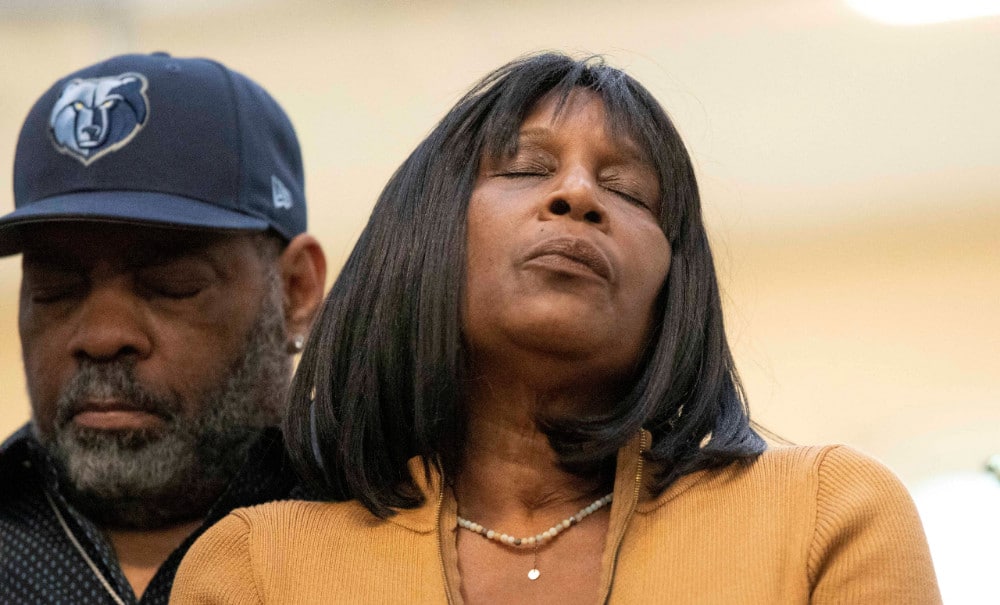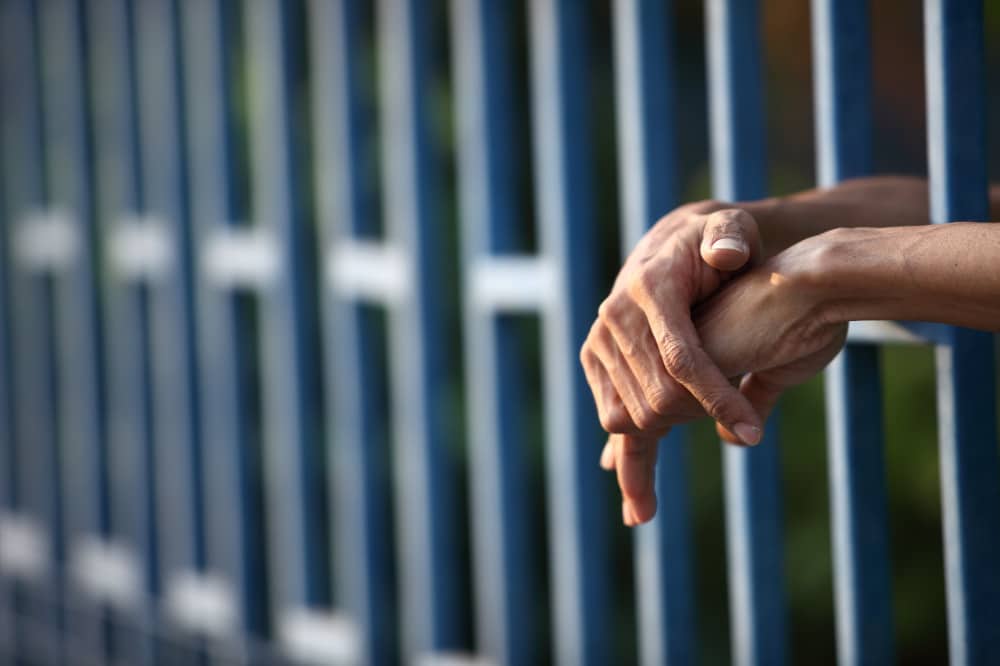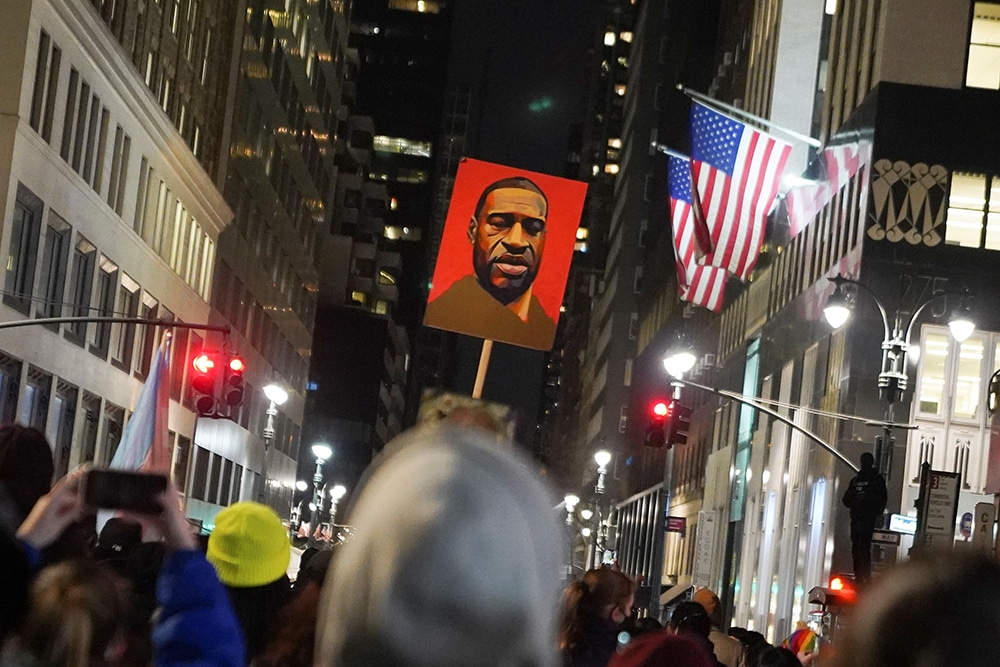Becoming a police officer or an FBI agent requires more skills than just locking up “bad guys.”
Today’s law enforcement professionals — from uniformed patrol officers to seasoned prosecutors — draw on sociology, psychology and human behavioral science, as well as physical sciences such as forensics and even anthropology to investigate crimes and keep the public safe.
“The sociological component is a big portion of criminal justice, especially nowadays. Policing is evolving. It’s changing,” said Anthony Papa, a criminal justice professor at Sacred Heart University in Fairfield, Connecticut.
Papa, an attorney who is a former detective with the New York Police Department, told Our Sunday Visitor that most of the students in his law and policing classes are interested in pursuing law enforcement careers, which they see as “a noble cause.”
“They want to help people. They want to make the world a better place to live. They want safe streets. They want safe neighborhoods. They care about communities, and they care about family, and that’s all part of the Catholic intellectual tradition,” Papa said.
Array of occupations
A growing number of Catholic universities from California to New England are offering undergraduate and graduate-level degree programs in criminal justice and criminology, which reflects the growing complexity of law enforcement, which encompasses local, state and federal police agencies, as well as hundreds of thousands of people who work as probation and parole officers, prosecutors, clerk magistrates, victim-witness advocates, corrections officers, crime lab analysts and re-entry program coordinators.
That extensive list does not include the defense attorneys, public defenders, judges, courthouse security officers, county sheriffs and others who play important roles in the nation’s multi-leveled criminal justice system.
“There’s a tremendously wide array of occupations in criminal justice,” Papa said.
Instilling skills and ethics
Educating young people who aspire to those careers requires not only teaching them technical skills and knowledge of criminal law procedure but also instilling in them the kind of character and ethics that is necessary for the system to work well while respecting the individual rights of criminal suspects, victims, witnesses and members of the public.
“Our students will be trained with an appreciation for the human dignity and worth of every person they come into contact within the criminal justice system,” said Christin Jungers, the dean of the School of Professional Programs at Franciscan University in Steubenville, Ohio, which this fall will be launching a new bachelor’s degree program in criminal justice.
Jungers, a professor of counseling and social work, told Our Sunday Visitor that attaining a criminal justice degree from Franciscan University will require students to complete a multidisciplinary program that will consist of legal studies and an in-depth examination of the criminal justice system, as well as courses in political science, philosophy and sociology, among other disciplines.
“We want it to be soundly grounded in a Catholic worldview and philosophy, to have the weight of theory as part of it, and also to help develop students to go out into the world in the various different career opportunities that are related to criminal justice,” Jungers said.
Like at other Catholic colleges, criminal justice skill-training at Franciscan University will be conducted through classroom activities such as lectures, research projects, case study applications as well as internships and service projects. An appreciation for Catholic social teaching is also woven into those criminal justice programs.
“We’re starting more broadly from a perspective that a criminal justice program is supposed to help prepare students to have an appreciation for developing a world that is based on the value of the common good,” Jungers said.
Interacting and connecting with people
Those who teach criminal justice and criminology — the scientific study of criminal behavior — at Catholic universities told Our Sunday Visitor how they believe their discipline fits into the framework of Catholic social teaching. They emphasized how law enforcement, if carried out in a professional and ethical manner, protects the innocent and punishes perpetrators while taking into account mitigating factors such as poverty, upbringing, mental illness and substance abuse.
“When I’m speaking with my students, I’m generally talking about the different ways of trying to interact and connect with people, to meet them where they are and have some empathy for where they’re coming from,” said W. Carsten Andresen, a criminal justice professor at the School of Behavioral and Social Science at St. Edward’s University in Austin, Texas.
Andresen, who teaches classes in American law enforcement, corrections, the American court system and criminal law, told Our Sunday Visitor that in speaking with police, corrections officers and legal professionals, they always remember moments when they did not do their jobs as well as they could have.
“With them, it’s always, ‘I should have been more patient or empathetic with that person,'” said Andresen, who completed about 350 hours of ride-alongs with police officers for his academic research. He said the best law enforcement officers know how to connect and work with people when they are at their worst moments.
“Criminal justice professionals know people are not at their best when they enter the system,” Andresen said.
That is an important insight, said Kimberly D. Richman, a professor of sociology and legal studies at the University of San Francisco.
“The biggest thing I hope the students take away from here is an understanding of how social structures impact individuals, that when they’re dealing with someone in the criminal justice system, the totality of that person is not encompassed in the piece of paper they see in front of them,” said Richman, who teaches courses in criminology and sociology of law.
Richman told Our Sunday Visitor that she and her students discuss how race, class and gender dynamics play out in the criminal justice system and that she aims to help her students understand how the system is set up structurally and to analyze crime from multiple perspectives.
“That structure and context is what I hope they take with them,” Richman said.
Empathy and compassion
Steven Farough, the chairman of the Department of Sociology and Criminology at Assumption College in Worcester, Massachusetts, told Our Sunday Visitor that he hopes his criminology students develop strong writing skills, an ability to analyze data and a deeper understanding of how social issues such as race, class and mass incarceration impact the criminal justice system.
“We’re looking to develop professional-level setting skill sets, but also to overlay that with important ethical questions in how we address issues of crime,” said Farough, who noted that criminology majors at Assumption College complete a yearlong internship where they spend about 100 hours in a criminal justice setting, such as a courthouse, the district attorney’s office or a local police department.
“The idea is that they’re developing professional skills, hopefully networking in some ways, and also doing their academic work,” Farough said, adding that students also visit a local “halfway house” to speak with the residents there and learn about their experiences as they readjust to life after prison.
Farough said, “The importance of police and law enforcement professionals having some empathy and compassion for people is consistent with Catholic teaching, and it fits well with our mission to integrate faith and reason.”
Brian Fraga is a contributing editor for Our Sunday Visitor.

